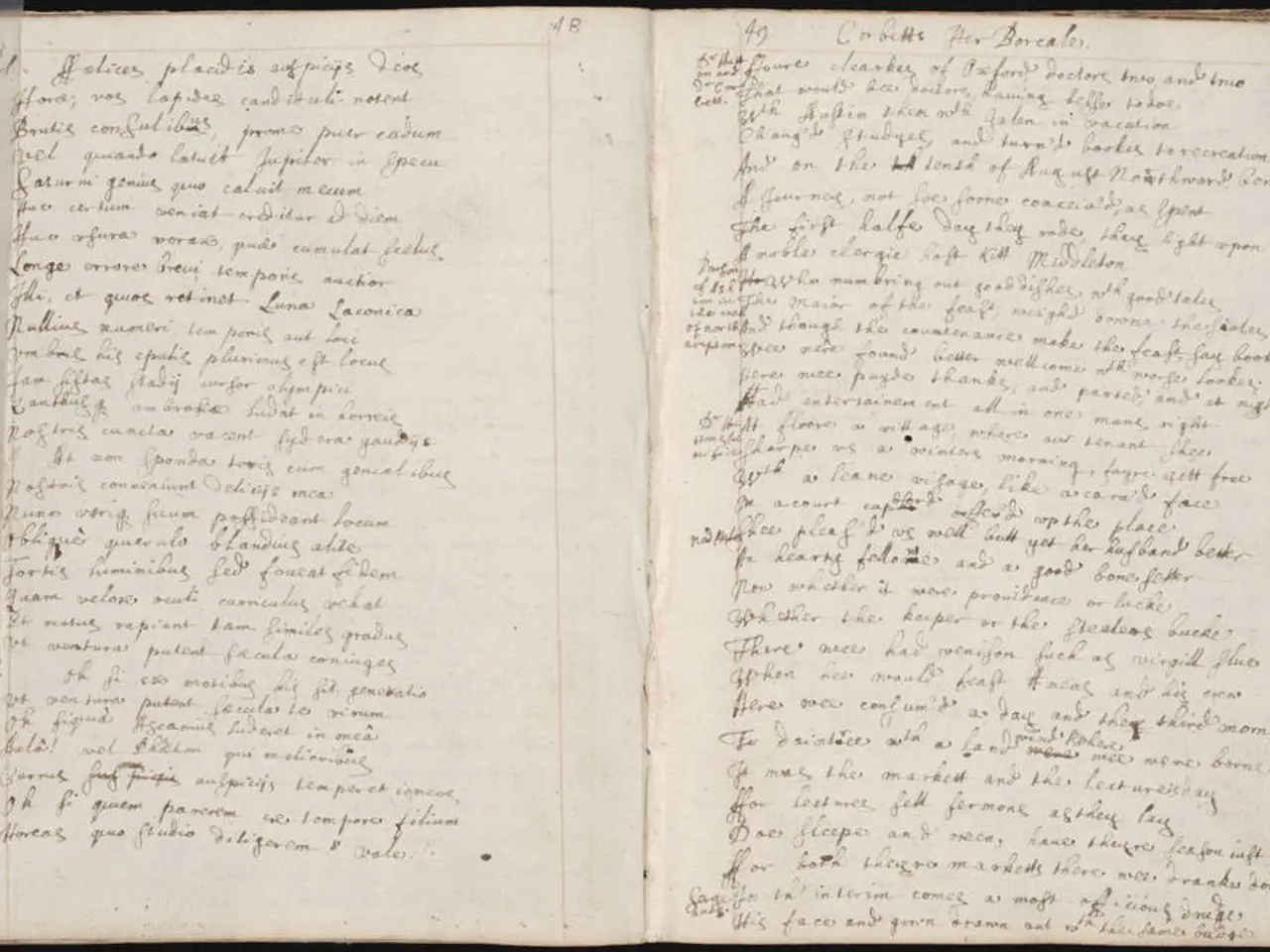Sticking by One's "Nugget": Firmness in Initial Concepts
In the world of academia, the journey of research can often be a labyrinthine one. But one Princeton student, whose identity remains undisclosed, has discovered a simple yet effective strategy that streamlines the process: trusting one's initial idea.
This student, who serves as the Humanities Correspondent, calls this initial idea a "nugget." It's that initial spark of inspiration that pops into one's head when faced with a research project or writing task. The student found that committing to this nugget and expanding upon it yields more naturally flowing and fruitful brainstorming sessions.
The Power of an Anchor
Anchoring one's research on a trusted nugget acts as a clarifying force. It provides a clear, focused starting point that guides subsequent investigation without excessive hesitation or second-guessing. This clarity, in turn, enables more efficient selection of relevant methods and data sources, saving time and minimizing uncertainty early on.
Overcoming Procrastination and Internal Debate
Trusting the nugget also helps overcome procrastination and internal debate. By committing to an idea, researchers can dive right into productive work rather than spending excessive time doubting or constantly reevaluating the premise of their study.
Building Productive Habits
This approach to research writing is an exercise in trusting one's intuition, which supports habit formation and automaticity in research behaviors. By trusting the core idea, researchers can focus on repeating productive research tasks consistently, turning effortful actions into automatic habits that sustain long-term productivity.
Reinforcing Motivation and Mastery
The confidence gained from trusting the initial idea reinforces researcher motivation and a sense of mastery. Each step validated by the original idea builds a positive feedback loop, encouraging steady progress instead of disruptive starts and stops.
The Junior Paper: A Case Study
This strategy was particularly evident in the student's approach to their Junior Paper (JP), a research project undertaken by Princeton students. For their fall JP, the student initially considered a topic in media theory, specifically focusing on advertising. Despite often ignoring their nugget and going through intensive brainstorming sessions to find other topics, these products often fell short. It was only when they committed to their initial idea that they found themselves making substantial progress.
A Strategy for Independent Work
This strategy of committing to the first answer, akin to the strategy used in multiple-choice tests, can be applied to independent work, both at Princeton and beyond. The student even mentions a guide to independent work abroad, although it is not the main focus of this article.
In conclusion, trusting the initial insight streamlines the research workflow by providing a purpose-driven foundation, enabling efficient task execution, and fostering productive habits that contribute to sustained academic or professional productivity.
Read also:
- Kamala Harris announces her ongoing political plans-for the present time
- Genetic Rarity Explored: Insights into Science, Struggles, and Misconceptions Surrounding Albinism
- Smoking Secondhand: Impact, Frequently Asked Questions, and Additional Information
- Strategies for Mitigating Negative Feelings in Customer Interaction with Your Goods or Services




